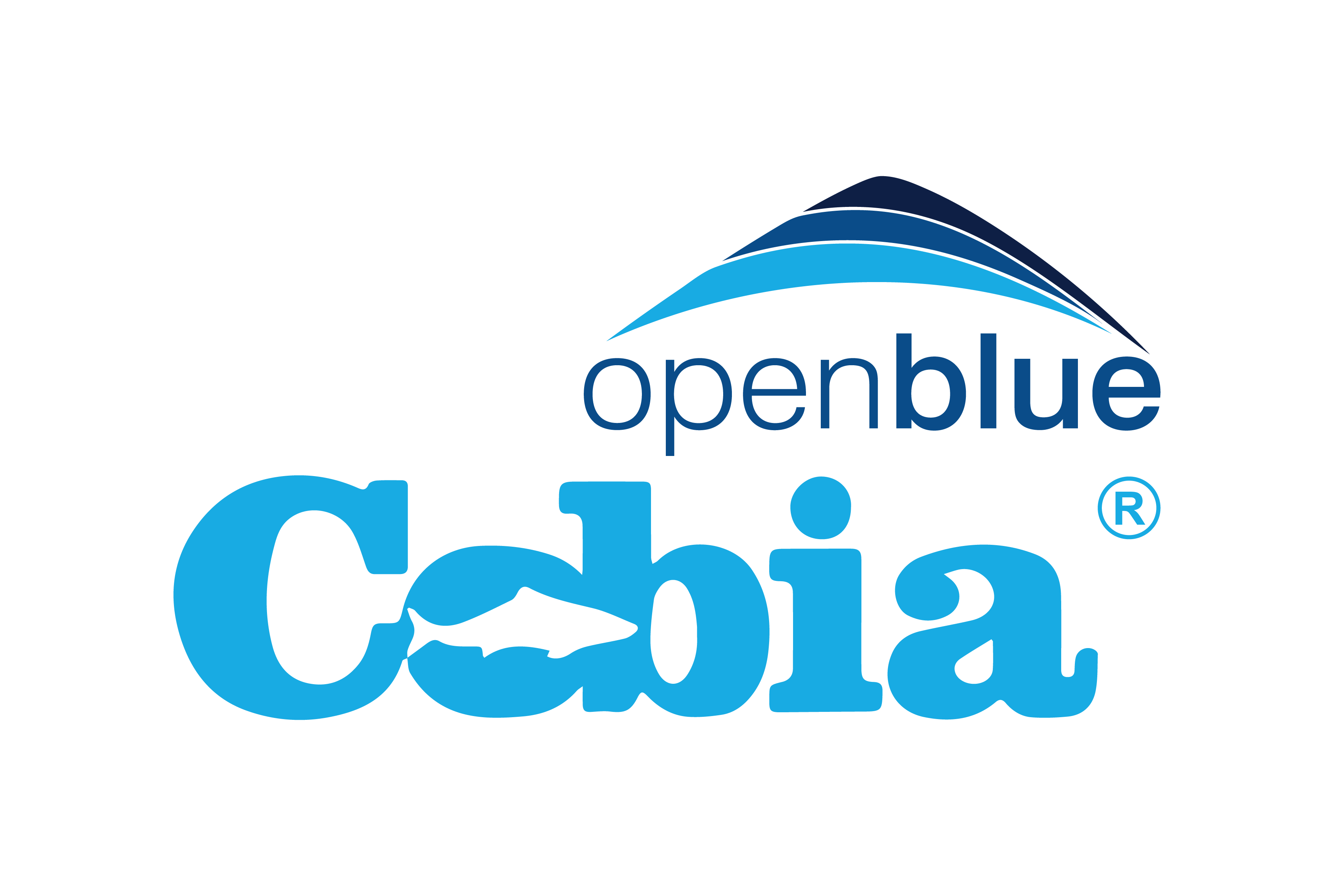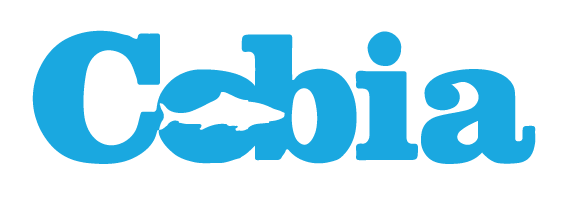
Exploring Cobia Aquaculture with Sustainable Farming Practices

The increasing global demand for seafood is causing major concerns like overfishing, environmental degradation, and marine life disruption. According to a study, by 2050, the global consumption of fish and other aquatic foods will double compared to the levels observed in 2015.
To address these concerns, Cobia suppliers, including Open Blue, are embracing sustainable farming practices. With these practices, we are able to prevent any adverse effects of our farming on coastal environments, marine life, and the overall planet. In this blog, we will discuss sustainable farming practices for Cobia.
Offshore Aquaculture
Traditional aquaculture operations occur in nearshore areas, posing severe threats to marine life and coastal environments due to excess waste and nutrients and disease transfer. At Open Blue, we perform all our operations on our offshore aquaculture farm, situated seven miles away from shore. This positioning minimizes the impact of excess nutrients and waste on nearshore environments and sensitive coastal ecosystems, reducing the risk of harmful algal blooms and other ecological disruptions. Moreover, our farm sites have lower disease transmission rates as they’re not connected to wild populations. This reduces the need for antibiotics and other treatments, contributing to healthier Cobia and reduced environmental contamination.

Open Water Operation
One great benefit of our offshore fish aquaculture farm location and open water operation is that it’s the same water where Cobia naturally thrive. Our farm is situated in the deep blue waters of the Caribbean Sea in the fish’s natural habitat. We preserve the surrounding environment, ensuring that the Cobia get plenty of their natural diet and are able to swim within their pens. This, in turn, contributes to healthier and less stressed fish.
Efficient Feed Practices
We aim to ensure that fish maintain optimal health and perform at their peak. We go above and beyond to tailor our nutritional formulations to match the specific needs of Cobia during each developmental stage. At Open Blue, we source our feed from a reputable company known for its high-quality feed formulated especially for our Cobia. It holds the necessary certifications to reinforce our commitment to food safety (Best Aquaculture Practices [BAP]) and sustainability (Aquaculture Stewardship Council [ASC]).
Waste Management
A critical part of sustainable farming is waste management. Since our sustainable farm is located in the open water, waste is managed naturally by the constant flow of water in and out of the netted pens. Unlike other types of aquafarming, the fish are not confined to a tank where waste management can be an issue.
Certification and Traceability
Open Blue farms are BAP- and ASC-certified to demonstrate our commitment to sustainability. We also secured SeaWeb’s 2018 Sustainability Champion for Vision certificate. These certifications validate that our farms meet strict environmental responsibility and product quality standards.
With a focus on offshore aquaculture and continuous research and innovation, Open Blue offers a promising solution to meet the world’s growing demand for seafood without compromising the oceans and the planet. Our efficient resource management and sustainable practices make us a leading sustainable fish distributor. If you want to learn more about our fish aquaculture farm or want to buy wholesale fish for restaurants, reach out to us now. You can also check out our cobia fish recipe ideas.

